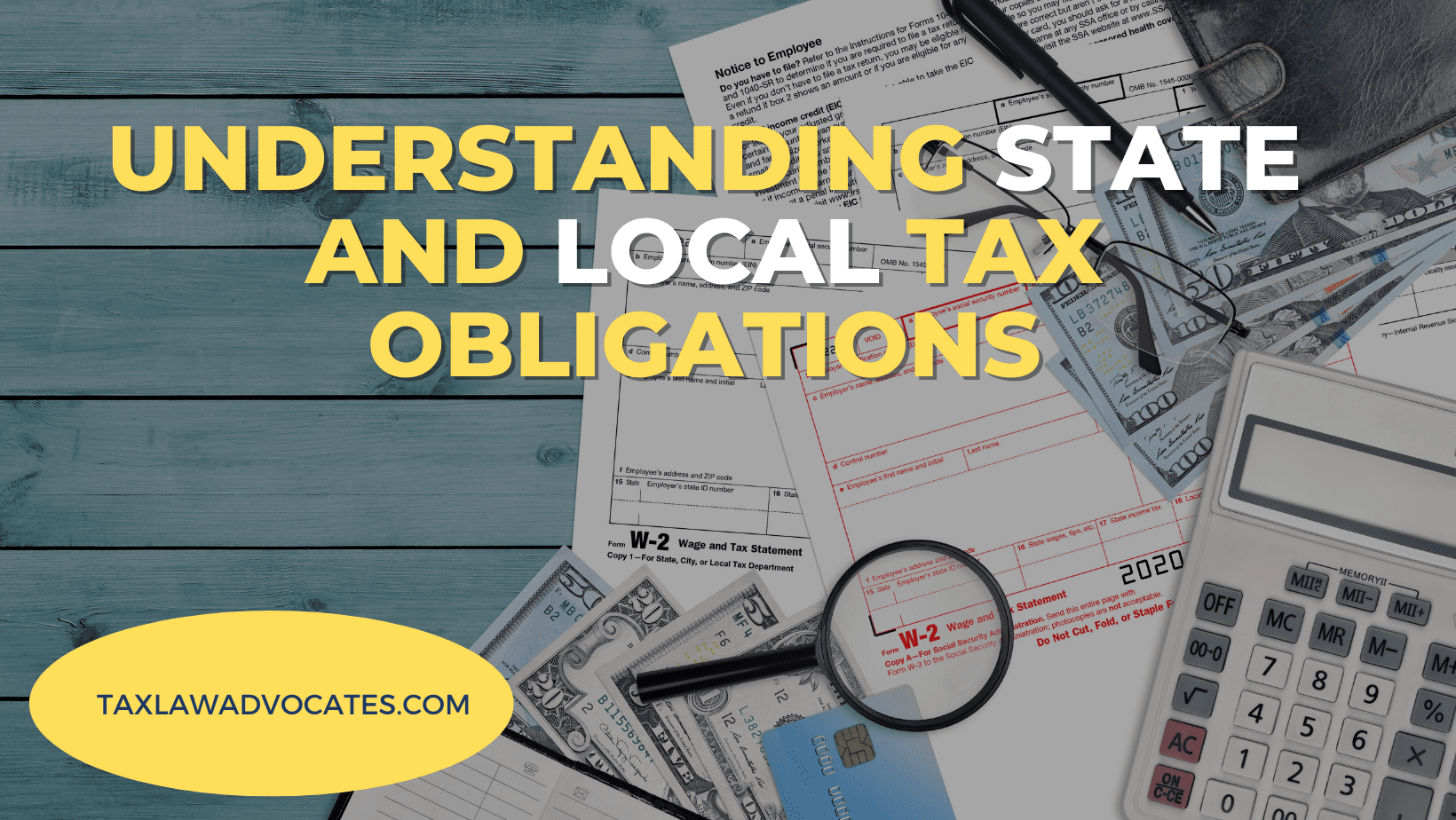When considering a move to a state with no income tax, the appeal is clear: more money in your pocket. Currently, seven states—Alaska, Florida, Nevada, South Dakota, Tennessee, Texas, and Wyoming—do not levy individual income taxes. Additionally, New Hampshire and Washington only tax certain types of income. However, the notion that living in a state with no income tax equates to being free from all state tax obligations is a misconception. In reality, these states often impose other taxes that can offset the benefit of not paying state income tax. Let’s explore the various taxes that may apply and why moving to a tax-free state might not always be the financial boon it appears to be.
States With No Income Tax
As of 2022, the following states do not impose individual income taxes:
– Alaska
– Florida
– Nevada
– South Dakota
– Tennessee
– Texas
– Wyoming
New Hampshire taxes interest and dividend income but plans to phase out this tax by 2027. Washington taxes long-term capital gains income of high-earners, with a 7% tax on gains over $250,000 per year.
The Reality of Living in a State with No Income Tax
While not paying state income tax sounds attractive, states with no income tax must still generate revenue to fund public services like schools, roads, and public safety. They achieve this through other forms of taxation, such as higher property taxes, sales taxes, and various fees. Let’s examine some of these alternative taxes and how they might affect your finances.
Sales Taxes
Sales taxes are a significant source of revenue for states without an income tax. For example:
– Nevada: The state sales tax rate is 6.85%, ranking it among the highest in the country. Local taxes can increase this rate, with Clark County (home to Las Vegas) imposing an additional 1.53%, resulting in a total sales tax rate of 8.38%. While tourists contribute significantly to this revenue, residents also bear the burden every time they purchase goods and services.
– Texas: The state sales tax rate is 6.25%, but local taxes can add up to 2%, resulting in a maximum combined rate of 8.25%. Texans thus pay a substantial amount in sales taxes, especially on big-ticket items like cars and appliances.
Property Taxes
States with no income tax often have higher property taxes. For instance:
– Texas: Homeowners pay an average of 1.60% of their home’s value in property taxes, which is among the highest in the nation. On a $300,000 home, this translates to $4,800 annually. This high property tax rate can significantly impact homeowners, especially in areas with rapidly appreciating property values.
– New Hampshire: While the state is phasing out its tax on interest and dividends, it has some of the highest property taxes in the country. Homeowners pay an average of 2.05% of their home’s value in property taxes.
Other Taxes and Fees
States without income taxes often impose various other taxes and fees to compensate for the lost revenue. These can include:
– Excise Taxes: Taxes on specific goods like gasoline, alcohol, and tobacco.
– License and Registration Fees: Higher fees for vehicle registration and professional licenses.
– Tourist Taxes: States like Florida and Nevada leverage tourism to generate revenue, imposing higher taxes on hotel stays and rental cars.
Case Study: Moving from Massachusetts to Florida
Consider a hypothetical move from Massachusetts, which has a flat income tax rate of 5%, to Florida, a state with no income tax. If your taxable income is $120,000, you would save $6,000 annually in state income taxes by moving to Florida. However, Florida’s higher sales tax and property tax rates might offset these savings.
Sales Tax Impact
In Florida, the state sales tax rate is 6%, with local taxes potentially adding up to an additional 2.5%. If you spend $50,000 annually on taxable goods and services, you would pay an additional $3,000 to $4,250 in sales taxes compared to a lower-tax state.
Property Tax Impact
If you purchase a home in Florida valued at $300,000, you might face an annual property tax bill of around $4,800, depending on the county. This rate is comparable to or higher than what you might pay in Massachusetts.
Business Owners and Out-of-State Income
For business owners, moving to a state with no income tax does not necessarily eliminate state income tax obligations. States that levy income taxes apply them to all income sourced within the state, regardless of the taxpayer’s residency. For example, if you own a business in California but move to Nevada, California will still tax your California-sourced income.
The Comprehensive Cost of Living
Taxes are just one factor to consider when evaluating the cost of living in a new state. Other expenses such as housing, food, transportation, healthcare, and childcare can significantly impact your overall financial situation. In some cases, the higher cost of living in a no-income-tax state can negate the savings from not paying state income taxes.
How Tax Law Advocates Can Help
Navigating state and local tax obligations can be complex, especially if you are considering a move to a state with different tax laws. Tax Law Advocates specialize in providing personalized tax relief services, helping you understand and manage your tax obligations effectively. Our team can assist you with comprehensive tax planning, ensuring you make informed decisions that align with your financial goals.
If you have questions about state and local taxes or need assistance with any tax-related issues, contact Tax Law Advocates today at 855-612-7777 or visit our website. Let us help you achieve peace of mind and meet all your tax obligations.






